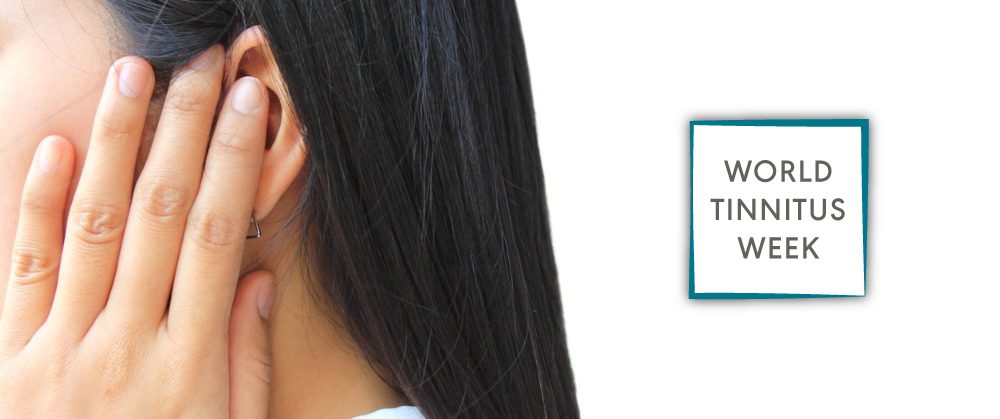Almost everyone has experienced tinnitus, or a ringing in your ears, at some point in time. However, for millions of Americans, tinnitus can be severe—affecting their physical and mental health. In recognition of World Tinnitus Week, we’re highlighting five articles published last year, providing researchers and clinicians with the latest on tinnitus treatment and relief.
Sound Therapy for Tinnitus Relief
Sound Therapy to Reduce Auditory Gain for Hyperacusis and Tinnitus: Tinnitus may be related to hyperacusis, or physical discomfort when sound reaches a loudness level that is acceptable to most people. This article investigates using sound therapy to desensitize people to hyperacusis—and the effect of sound therapy on tinnitus relief.
Reevaluating the Use of Sound Therapy for Tinnitus Management: Perspectives on Relevant Systematic Reviews: This article lays out the evidence for sound therapy for tinnitus relief and suggests that sound therapy should be added to clinical practice guidelines for those who treat tinnitus. Authors discuss the history of sound therapy for tinnitus relief and how previous systematic reviews have neglected this method.
Mobile Applications, Psychological Therapy, and Listening Effort
Evaluating the Efficacy of a Smartphone App for Tinnitus Relief Using Behavioral and Brain Imaging Measures: In this study, participants with a wide range of tinnitus symptoms used a mobile app to help relieve tinnitus-related distress. Researchers evaluated the effectiveness through both a questionnaire and brain imaging before and after the study.
Treatment of Posttraumatic Stress Disorder Alleviates Tinnitus-Related Distress Among Veterans: A Pilot Study: Tinnitus is the leading service-connected disability among veterans and is often comorbid with posttraumatic stress disorder (PTSD). This pilot study showed that clinical management of psychological distress could simultaneously reduce tinnitus-related distress as well.
Investigation of the Relation Between Tinnitus, Cognition, and the Amount of Listening Effort: In this article, the authors investigated how chronic tinnitus affects listening effort and cognitive performance. They found that people with tinnitus had to expend greater listening effort, whereas cognitive performance wasn’t affected.
More Tinnitus Resources
For more tinnitus resources, you can start with last year’s coverage of World Tinnitus Week on the Context blog. To stay up to date with the latest tinnitus research, be sure to bookmark ASHAWire, and check out some of our audiology-related topic pages for more specific articles.
As we mentioned above, tinnitus is particularly prevalent in veterans and military service members. You can learn more about serving this population by reading the articles and resources in our special collection, Audiologic and Aural Rehabilitation in Service Members and Veterans. Thank you so much for joining us in recognizing World Tinnitus Week. We hope the resources we’ve provided offer some new solutions—or reinforce the therapy techniques you’re already using—to better treat the millions of people around the world who live with tinnitus.







